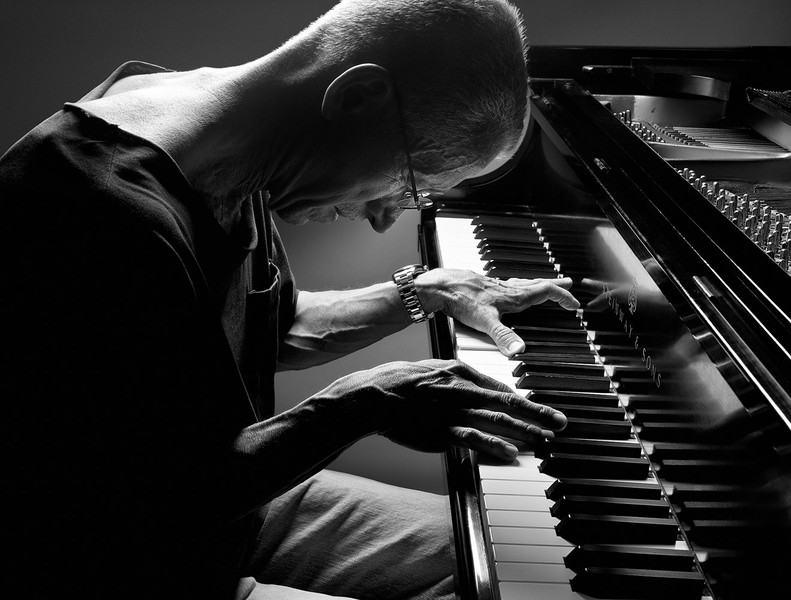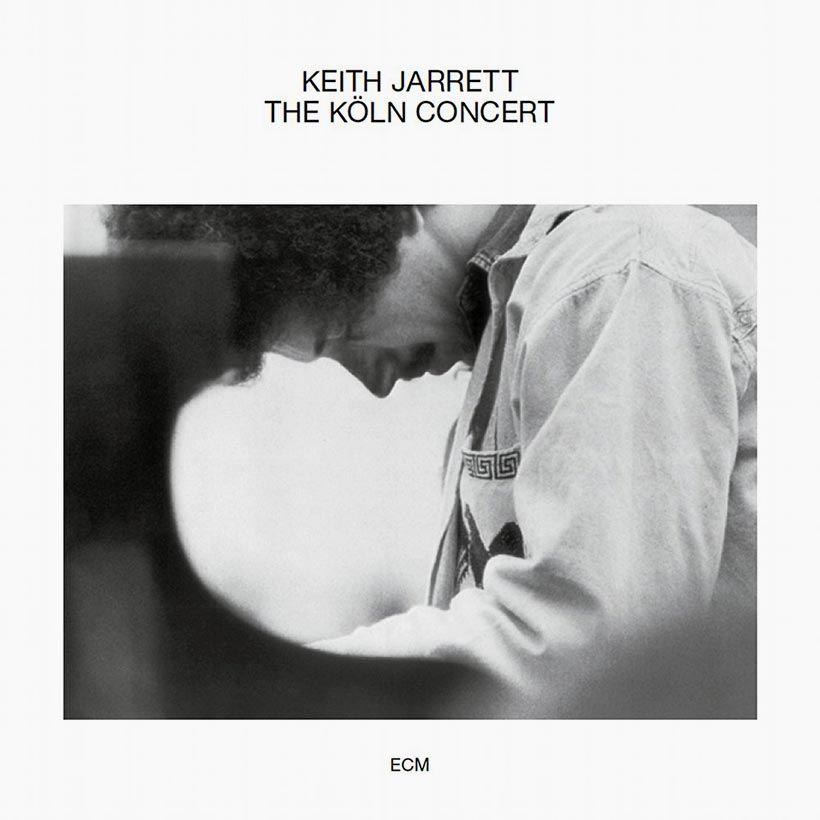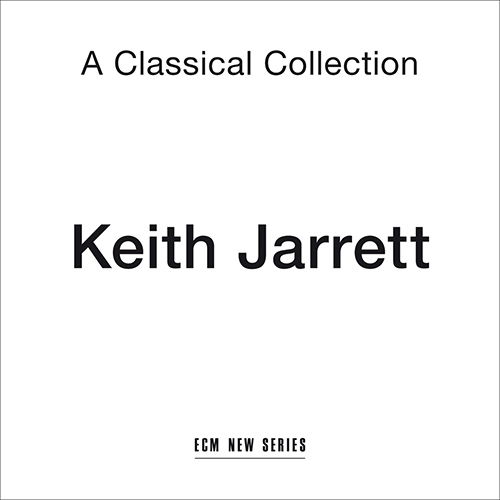Keith Jarrett’s Return to his Roots. His sheet music is available for download from our Library.
Keith Jarrett, one of the greatest musicians and profilistic pianists of our time, has recently announced that he will no longer be able to hold up his career as a performer. Now 75, he suffered a pair of draining strokes two years ago that left his left side paralyzed and resulting in an unability to play the piano. The recently released “Budapest Concert” – a return to his grandparents’ native country Hungary – is likely one of Jarrett’s final recorded public solo piano recitals.

Jarrett said to New Your Times in October: “I was paralyzed. My left side is still partially paralyzed. I’m able to try to walk with a cane, but it took a long time for that… took a year or more. And I’m not getting around this house at all, really.” He goes on to reveal that despite efforts to play with just his right hand, “I don’t know what my future is supposed to be. I don’t feel right now like I’m a pianist. That’s all I can say about that.”
Improvised Solo Recitals
As a performer, belonging to the global top segment of jazz pianists, Jarrett covered a multitude of genres throughout the years. He stands out as the inventor of the improvised solo recital with a series of unmatched recordings in this genre displaying wanderings in territories such as traditions of jazz and other genres like Western classical music, gospel, blues and ethnic folk music. In 1973 the ECM label organized an 18-concert European tour, consisting solely of Jarrett’s solo improvisations.
The result was the landmark recording, “The Köln Concert” (1975), a double album with worldwide sales estimated at 3.5 million copies. Even if ”The Köln Concert” from 1975 has become a reference known by everybody it was actually precursed by the solo albums “Facing You” (1971), “Bremen/Lausanne” (1973).

Since his “Köln Concert” in 1975, which is the most sold jazz record ever, the solo recital wizardry continued with albums such as “Sun Bear Concerts” (1978), “ Dark Intervals” (1988), “Paris Concert” (1990), “Vienna Concert” (1992), “La Scala” (1997), “Tokyo ’96” (1998), “The Carnegie Hall Concert” (2006), “Paris/London – Testament” (2009), “ Rio” (2011), “Creation” (2015) and “A Multitude of Angels” (2016).
The European Tour 2016
His most recent tour took place in Europe in 2016 and included a concert in the Bela Bartok National Concert Hall, Budapest. He described the “Budapest Concert” (released in October 2020) as the “gold standard” by which all of his solo concerts to date would have to be measured. Together with the “Munich 2016” album, recorded at Munich’s Philharmonieon on the last night of the same tour, it will likely symbolize a final tribute to his outstanding capacity as a solo pianist in a genre which he created and which has become the trademark of his career.
The embrace of folkloric music by Bartok and other Hungarian composers further nudged Mr. Jarrett toward a dark quality — “a kind of existential sadness, let’s say, a deepness” — powerfully present in the concert’s first half. The second half, as admirers of “The Köln Concert” will appreciate, features a few of Mr. Jarrett’s most ravishing on-the-spot compositions. Those ballads, like “Part V” and “Part VII,” spark against briskly atonal or boppish pieces, gradually building the case for a mature expression that might not have been possible earlier in his career.
— NY Times
He is “like a centaur – half man, half piano,” the Frankfurter Allgemeine Zeitung recently wrote about Jarrett’s solo concerts, adding that he “melted into the instrument and bent the keys to make them wail like an old blues guitar.” According to his biographer Wolfgang Sandner, he is the “greatest piano improviser of our time.”
Jarrett as a classical pianist
As one of the most unique profiles in over half a century of jazz, Keith Jarrett’s output has been profound as well as versatile. As a classical pianist with explorations of the baroque organ, clavichord, harpsichord, string quartet, Jarrett has recorded some seventeen albums ranging a broad palette of music history: Bach, Händel, Mozart, Shostakovich, Harrison, Pärt and Barber offer wide and interesting interpretational journeys widely appreciated and very often discussed.

